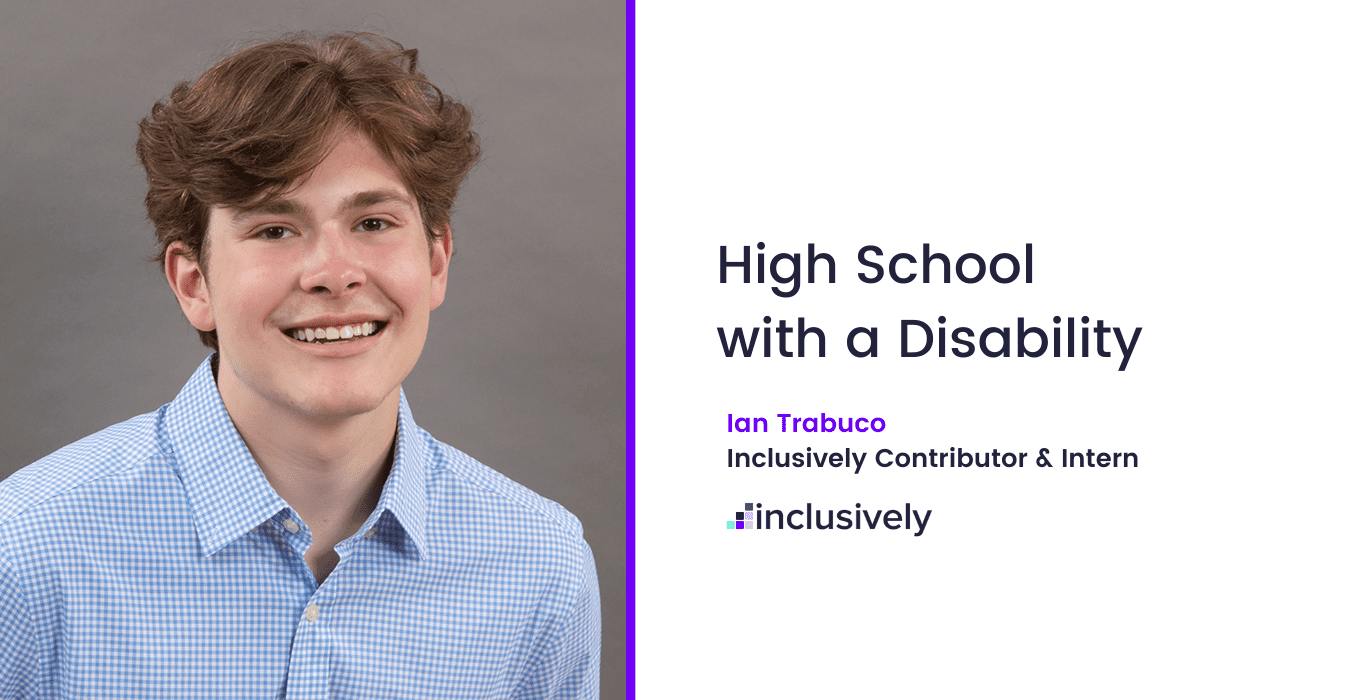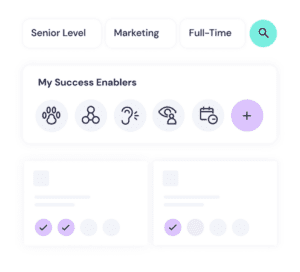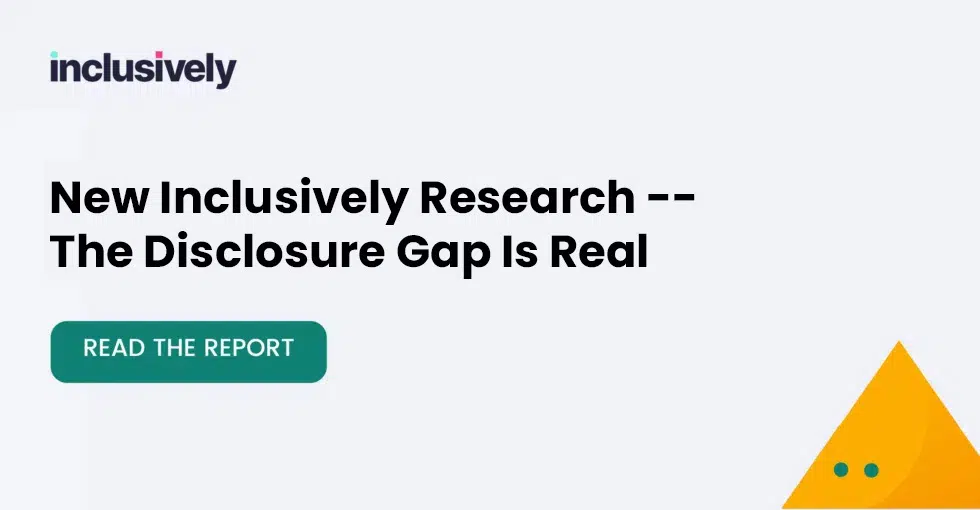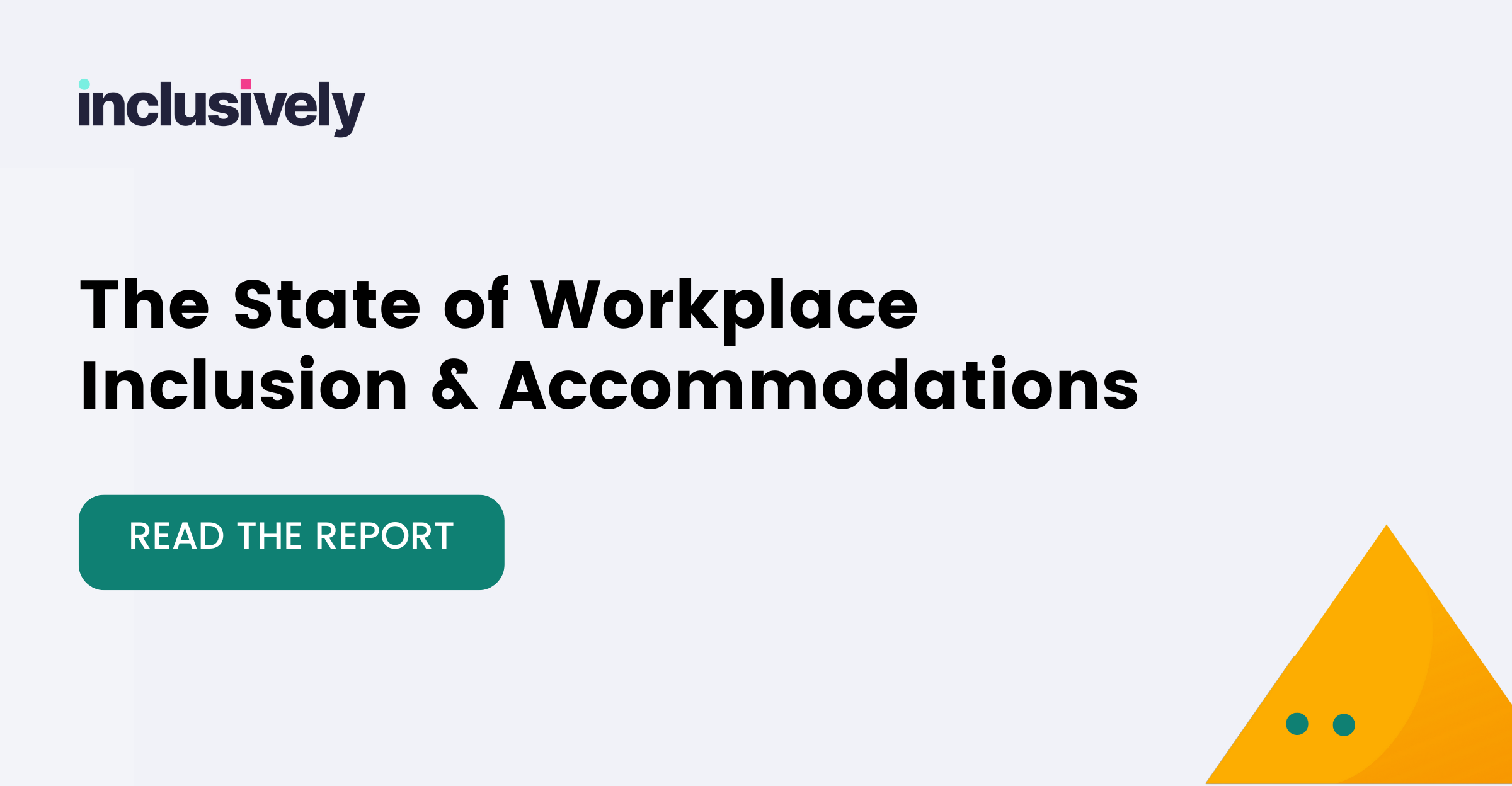Ian shares his journey with chronic migraines and the importance of accommodations in school
Many people don’t understand the struggle of a disability unless you experience what it is. It’s like a broken bone, or a concussion but instead of healing and you move on you have to deal with it every day. Some disabilities are easily seen while others are not. Some are easy to talk about while others are very personal. For me, I split the middle. With my disability, chronic migraines, I try to talk about it as much as I can but don’t delve into the effect of the migraine.
In my experience, being a high school student, it’s extremely hard to deal with chronic migraines. I’m supposed to be hitting my stride but instead I feel held back. Missing classes, missing social events and not being able to participate in sports takes a toll on me. I’m always looked upon as a person that misses classes in school. It doesn’t help that the start time for school is in the early morning. However, I try to move forward instead of looking back.
My path has been very different compared to others. I started having migraines in May of 2019. I was a sophomore at my local high school and didn’t understand what I was dealing with. Due to the timing, I moved on and enjoyed my summer mostly migraine free. However, as soon as I got back to school my migraine activity shot through the roof due to stress and early morning classes. My grades took a heavy dive and the dread of waking up in the morning really hurt. Sluggishly moving through the school year my migraine activity gets worse and worse. By February I missed around 50 days of school. Although my lowest grade was a D+ it really took a physiological toll. When I was in class people looked for me to help them but as I missed classes I was the one asking for help. Although I didn’t mind it, the huge load of makeup took up a ton of time. Missing classes, having to email my teachers and then doing makeup work every day didn’t help. I had observers come to my house because I was labeled a truant. Eventually, the school deemed me unable to continue and basically kicked me out.
That’s when I signed up to go to a 1 on 1, sort of tutoring school, Fusion Academy. I had personalized teaching, I could choose my own hours to work, and had all sorts of accommodations. I could leave for lunch, I chose my times for classes throughout the day, and pre-COVID I could zoom into classes and my teachers understood my struggles. Furthermore, when COVID-19 hit I could fully dive into classes because Fusion had the structure to go fully online. I thrived as a student, getting A’s. The accommodations really helped me. The only drawback was the 1 on 1 nature of the schooling.
In the fall of 2020, I transferred into The Kent School, a boarding school. I applied before I left my local high school on a whim because of the downward spiral of my migraines. It turned out to be a saving grace. The effect of living at school reduced anxiety and allowed for greater accommodations due to having a hospital on campus. As the fall term started, my migraine activity started to spike. I had to leave the school and go online within the first month of school. I missed too many classes due to the lack of thought and accommodations which didn’t allow me to succeed. Talking with the school during my time at home and with my doctor allowed me to gain a new light on how effective some accommodations were. For example, having a small amount of early morning classes or missing the weekly chapel meeting at 8 in the morning. When I returned in the winter, with a new plan, I felt comfortable. A big thing with people with disabilities is the inability to feel comfortable with your peers. Kent School helped me meet kids and join the social activities that make a school a school.
Looking at the bigger picture, I realized how important some accommodations are. Something such as a later wake up time can drastically change the outcome of the day. If waking up early meant a migraine, we changed my schedule to either go online into my first class and not have an early morning class. Accommodations changed my school life. These accommodations to improve the quality of life for people with disabilities can change experiences and people quickly learn that we aren’t as “strange” as we seemed. Instead, they accept and learn from us as we have a different viewpoint from others which can offer a new outcome to a problem at work. As long as people acknowledge our disabilities and find work to fully maximize ourselves in our workplace we can perform the same if not better than our peers.
I’ve shared this topic in Inclusively’s new Community Portal, created for job seekers, employers, and partners to discuss disability employment topics, share experiences–and grow personally and professionally.
Overview of a candidate’s job search indicators, including Senior Level, Marketing, Full-Time, My Success Enablers with a row of icons.
How Inclusively Works
Inclusively’s accessible employment platform and job matching technology goes beyond traditional search criteria and allows candidates to connect with opportunities that match their experience, skills, and workplace accommodations – called Success Enablers. Examples include screen readers, noise-canceling headphones, an emotional support animal, accessible parking and entrances, braille signage, and dozens more.



